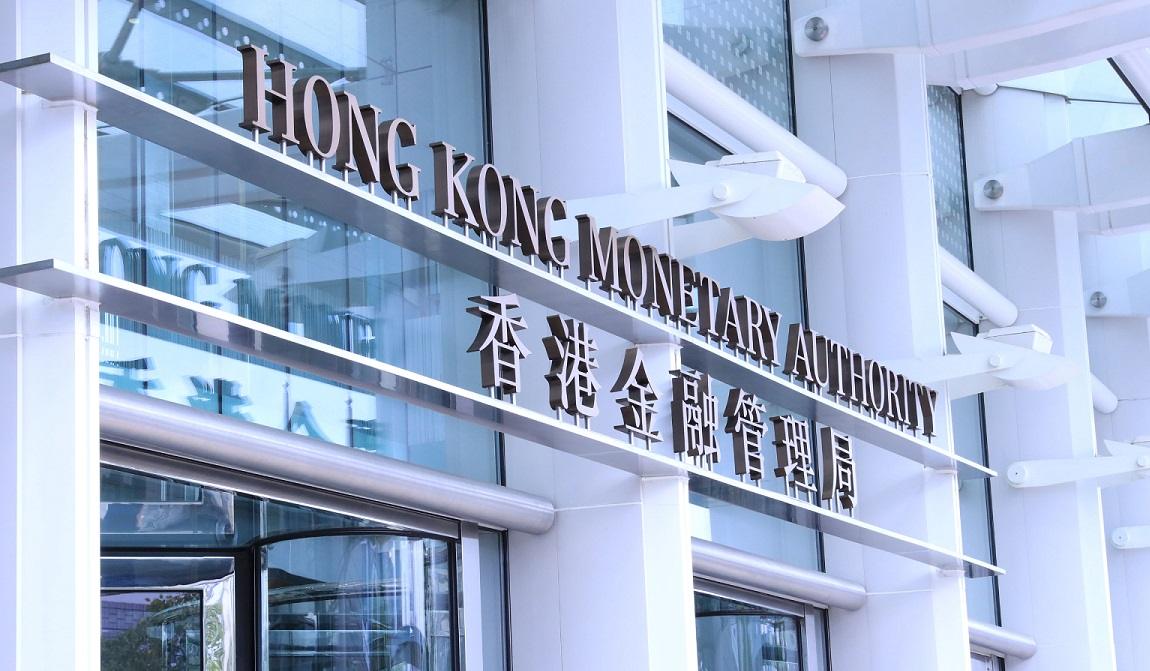Hong Kong Monetary Authority Launches Sustainable Finance Action Agenda
In a significant move towards fostering sustainable finance, the Hong Kong Monetary Authority (HKMA), the central banking institution of Hong Kong, has unveiled its Sustainable Finance Action Agenda. This comprehensive framework aims to establish Hong Kong as a leading sustainable finance hub in the region while addressing the urgent need for green financing to support the low-carbon transition. The agenda outlines a series of finance sector-focused targets and planned actions designed to meet the growing demand for sustainable investments.
Key Priorities of the Sustainable Finance Action Agenda
The HKMA’s Sustainable Finance Action Agenda is structured around four key priorities: “Banking for net zero,” “Investing in a sustainable future,” “Financing net zero,” and “Making sustainability more inclusive.” Each of these categories encompasses specific goals and actionable plans that aim to drive the financial sector towards a more sustainable future.
Banking for Net Zero
Under the “Banking for net zero” priority, the HKMA has set ambitious goals for banks operating in Hong Kong. By 2030, banks are expected to achieve net zero emissions in their own operations, with a target of reaching net zero financed emissions by 2050. The HKMA emphasizes the need for banks to take swift and targeted actions to reduce financed emissions and phase out high-emission assets. This proactive approach is essential for addressing transition risks and supporting clients and the broader economy in their journey towards net zero.
Moreover, the HKMA has mandated that banks enhance transparency regarding climate-related risks and opportunities. Banks will need to align their disclosures with international standards, including the ISSB Standards and the Pillar 3 disclosure framework for climate-related financial risks, as set forth by the Basel Committee on Banking Supervision. Starting from 2030, banks will also be required to make their transition plans available on a ‘comply or explain’ basis, detailing their decarbonization strategies and financing targets.
Investing in a Sustainable Future
The second priority, “Investing in a sustainable future,” focuses on the HKMA’s own investment portfolio. The authority aims to achieve net zero in its Exchange Fund investment portfolio while expanding the scope of sustainable investments. This includes incorporating Environmental, Social, and Governance (ESG) factors into investment decision-making processes and setting clear ESG expectations for external managers and portfolio companies.
Additionally, the HKMA is committed to supporting regional transitions through targeted investments in renewable energy, energy-efficient real estate, innovative technologies, and sustainable transportation. By aligning its investment strategies with sustainability goals, the HKMA seeks to catalyze positive change in the financial landscape.
Financing Net Zero
The “Financing net zero” category outlines the HKMA’s vision for Hong Kong to become the premier sustainable financing platform in the region and beyond. The authority plans to encourage borrowers to utilize Hong Kong as a base for raising sustainable financing, offering subsidies to prospective sustainable finance issuers and incentives for digital green bond issuers.
Furthermore, the HKMA aims to leverage its expertise in fintech to promote innovation in sustainable finance. This includes enhancing impact tracking capabilities and fostering the development of a local tech ecosystem that supports sustainable finance initiatives.
Making Sustainability More Inclusive
The final priority, “Making sustainability more inclusive,” emphasizes the importance of high-quality and comprehensive sustainability disclosures. The HKMA plans to enrich climate disclosure toolkits for banks and their clients, utilizing technology to improve the accessibility and usability of data and disclosure tools.
Recognizing the need for skilled professionals in sustainable finance, the HKMA has also set a goal to close talent and knowledge gaps in this field. The authority plans to identify training needs, launch a “Professional Level Enhanced Competency Framework for Green and Sustainable Finance,” and collaborate with training institutions and professional bodies to provide relevant courses and programs.
A Call to Action
HKMA Chief Executive Eddie Yue articulated the urgency of the situation, stating, “Climate change is the defining challenge of our time. Hong Kong, as an International Financial Centre and Asia’s sustainable finance hub, has the duty and capability to up our game in facilitating sustainable fund flows and ensuring that banks manage the risks associated with the net zero transition properly.”
This statement underscores the HKMA’s commitment to not only addressing climate change but also positioning Hong Kong as a leader in sustainable finance. The Sustainable Finance Action Agenda is a crucial step towards achieving these objectives, paving the way for a greener and more sustainable future.
Conclusion
The HKMA’s Sustainable Finance Action Agenda represents a bold and necessary initiative to align the financial sector with global sustainability goals. By setting clear targets and actionable plans, the HKMA is not only addressing the pressing challenges posed by climate change but also positioning Hong Kong as a key player in the sustainable finance landscape. As the world continues to grapple with the impacts of climate change, the HKMA’s proactive approach serves as a model for other financial institutions and jurisdictions aiming to make meaningful contributions to a sustainable future.

